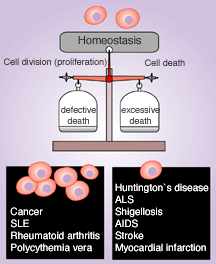The Nobel Prize in Physiology or Medicine 2002
Nobel Prizes and laureates
Six prizes were awarded for achievements that have conferred the greatest benefit to humankind. The 14 laureates' work and discoveries range from quantum tunnelling to promoting democratic rights.
See them all presented here.
Explore prizes and laureates
Look for popular awards and laureates in different fields, and discover the history of the Nobel Prize.

